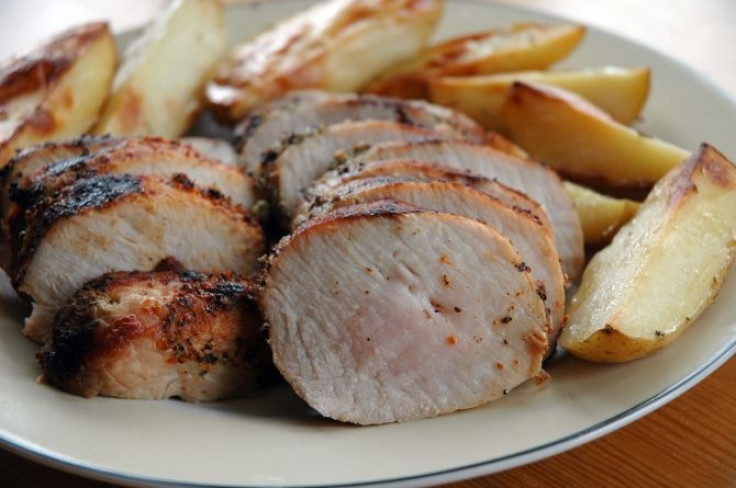Hating Pork May be Genetically Determined: Study

Genes might be the reason why some people feel that the smell of pork resembles sweat or urine or even feces, says a new study published in PLoS ONE.
Previous research has shown that people who react to cooked pork have two copies of gene OR7D4 that respond to androstenone.
The latest study included 23 people, 13 consumers and 10 professional sensory assessors. The participants were then asked to smell samples from three bottles; one bottle had androstenone and the other two had water, and choose the strongest smelling sample. Finally, 12 sensitive and 11 non sensitive participants were selected for the test.
The participants were asked to smell pork samples with varying levels of androstenone. The samples had additional androstenone, but in the same rang e as is found in nature. .
The researchers found that people who could smell the “pork taint” had two copies of gene and these people were more likely to find the smell offensive.
"In North America and Europe, pigs are castrated, so the concentration of androstenone is quite low. The only time you find a high concentration of androsteone is when you eat wild boar meat," said Hiroaki Matsunami, associate professor of molecular genetics and microbiology at Duke University Medical Center and co-author of the study, to ABC News.
"When food is in your mouth, odors come from the back of the throat up to the nose. Taste is very complex. It depends on smell and other factors, such as personal experience and genetic background." Gary Beauchamp, director of the Monell Chemical Senses Center in Philadelphia.
Researchers are also curious to know about these smell-receptor genes in different ethnic groups like Arabs or groups that avoid meat altogether.
"It's a very clear example of how people live in different sensory worlds, and some of the basis of that is our genetic differences," Beauchamp said.
The authors of the study also say that two copies of OR7D4 isn’t the only reason why some people hate meat with higher levels of androstenone.
"Of course there are many more genes and factors involved in the food tasting experience," says Hiroaki Matsunami.
"A small piece of the puzzle, but it's a good way to establish a link between odor perception and food choices," said Louis Perusse, Quebec Laval University, who is not involved in the study.



























